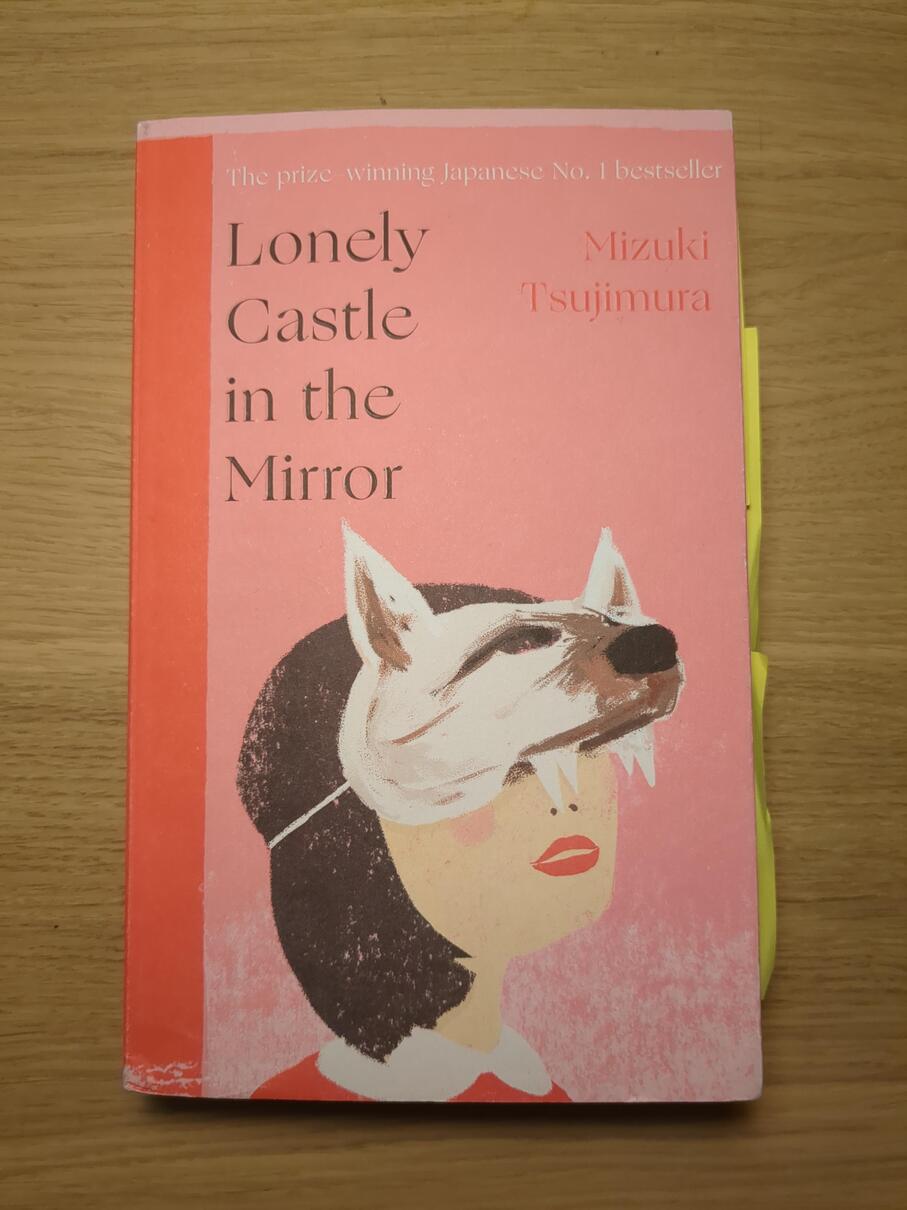Lonely Castle in the Mirror - Muzuki Tsujimura

I was in the mood for a lighter read, something wholesome to act as positive escapism and brighten up the mood. So I reached for this one on my bookshelf. Not sure covered exactly my expectations, it tackled more serious themes than initially anticipated going in. But I resonated with it, and that’s what matters.
Scores around a 7.5/10. Notes from the book, in no particular order:
- That the main characters are high school students is something I could get behind, even though for obvious reasons I’m at a later stage in life, and therefore less willing to relate to their struggles and situations. But I could draw some parallels from my own memories, some some things did resonate.
- This wasn’t a perfect home run for me just because I had to suspend my disbelief for the cascade of final revelations at the end. It seems very implausible to me that the kids wouldn’t have figured out what was going on much much earlier in the story, given how many months they spent together. But the story was not about figuring out the gimmick (for us the readers), it was about abuse, struggle, healing, and wholesomeness. So my engineer’s mind has to take a rest here and enjoy the story for what it was. Excellent.
- The last thirty pages had me literally crying. Normally I have a strong stomach for any fictional material - could be the time of my life I’m at, more vulnerable. But the story is genuinely moving, and easy to resonate with on some level.
- Some notes of mine when reading the book. LIGHT SPOILERS AHEAD:
- pp 26: Rather self-referential, alluding to Classics telling similar stories/tales. For example Narnia and Alice in Wonderland. This narrative still works, because the first 50 pages of the book work heavy on making us care about Kokoro.
- pp 46: We form connections to other human beings by being open, honest, and more importantly, vulnerable. Share your pain. You are not alone.
- pp 117: The abused become abusers? Seems like a bit of a stretch to me. Ureshino had made several of them feel awkward. As always, communicating early & often is key.
- pp 141: Tea as a sign and token of confidence and maturity. Very japanese? Then, Kokoro will want to share it with her friends immediately, showing her generosity.
- pp 148: Losing the memories puts all in a moral dilemma. An egoistic wish, or all the friendships and self-healing done thus far? Giving this information here is clearly deliberate by the Wolf Queen.
- pp 237: Here it becomes clear tha the game is rigged, and some key information is rigged. Astounding it took them this long to start asking questions. I suppose having a safe haven was enough for these troubled souls.
- pp 286: Subaru’s conclusion: “no one cared all that much what happened to him”.
- pp 343: Time is a flat circle. And our actions have ripple effects way beyond our wildest expectations.